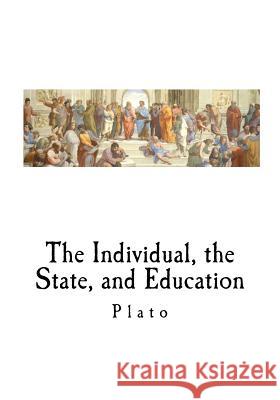The Individual, the State, and Education » książka
The Individual, the State, and Education
ISBN-13: 9781535373319 / Angielski / Miękka / 2016 / 30 str.
The Individual, the State, and Education - Plato - Socrates's young companions, Glaucon and Adeimantus, continue the argument of Thrasymachus for the sake of furthering the discussion. Glaucon gives a speech in which he argues first that the origin of justice was in social contracts aimed at preventing one from suffering injustice without having the ability to take revenge, second that all those who practice justice do so unwillingly and out of fear of punishment, and third that the life of the unjust man is far more blessed than that of the just man. Glaucon would like Socrates to prove that justice is not only desirable, but that it belongs to the highest class of desirable things: those desired both for their own sake and their consequences. After Glaucon's speech, Adeimantus adds that, in this thought experiment, the unjust should not fear any sort of divine judgement in the afterlife, since the very poets who wrote about such judgement also wrote that the gods would grant forgiveness to those humans who made ample religious sacrifice. Adeimantus demonstrates his reason by drawing two detailed portraits, that the unjust man could grow wealthy by injustice, devoting a percentage of this gain to religious sacrifices, thus rendering him innocent in the eyes of the gods.
Zawartość książki może nie spełniać oczekiwań – reklamacje nie obejmują treści, która mogła nie być redakcyjnie ani merytorycznie opracowana.











